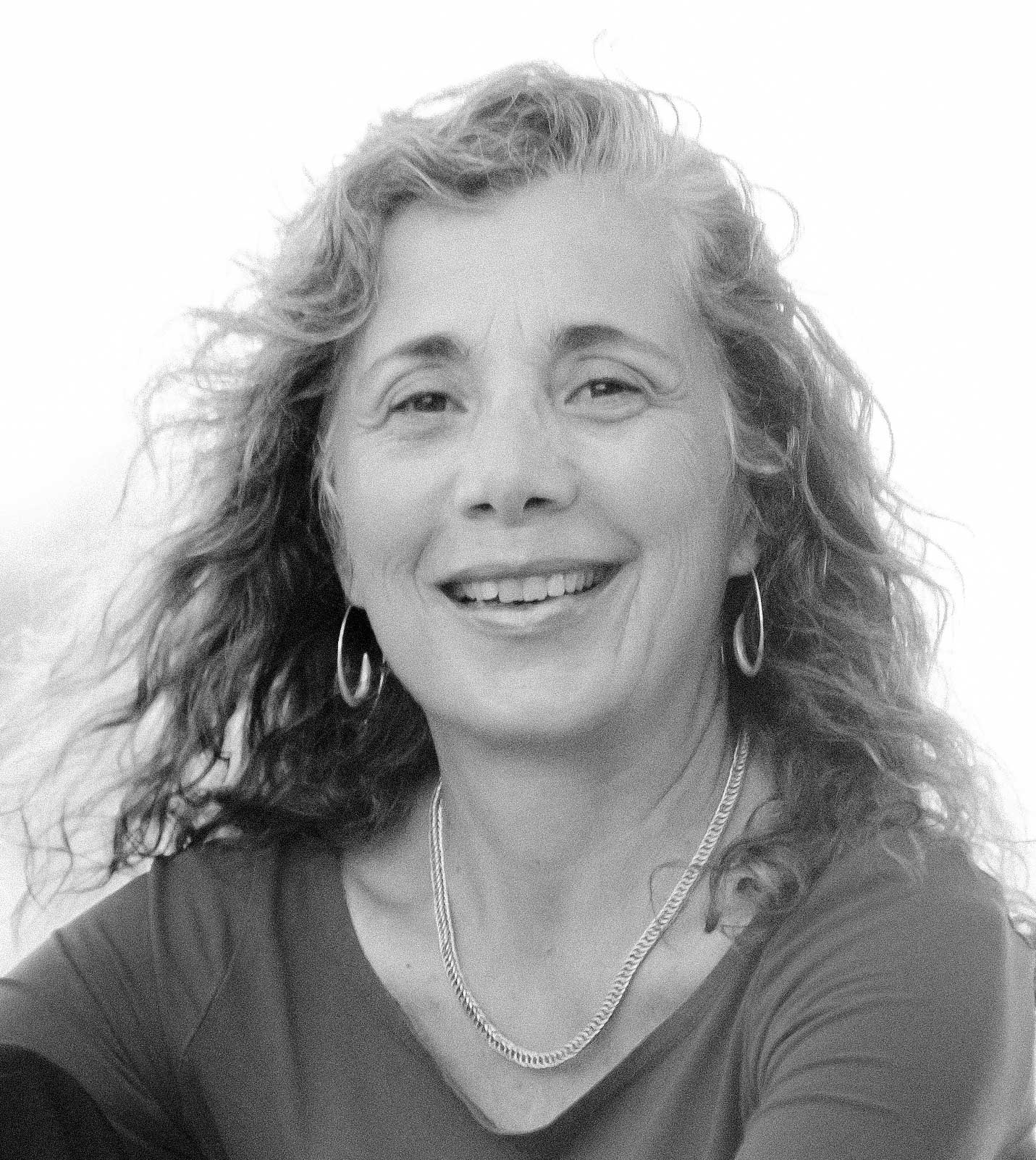Resourced, Safe & Connected EAM Practice 101
“Do not be daunted by the enormity of the world’s grief.
Do justly now, love mercy now, walk humbly now.
You are not obligated to complete the work,
but neither are you free to abandon it.”
-Talmud
Four, Two Hour Online Classes
Meeting Tuesdays from 10am – 12pm EST
January 18 – February 8
8 Credits NCCAOM (Pending, Provider #287)
Classes will be recorded however students are strongly encouraged to attend live.
The last decade has seen a steep escalation of mental health crises across the socioeconomic and generational spectrum. It is estimated that more than one in ten people worldwide live with a mental health disorder. In the US alone, an estimated 50% of all Americans are diagnosed with a mental illness at some point in their lifetime. These numbers do not account for people who experience significant emotional distress but do not fit the criteria for an actual mental health disorder. Furthermore, the Coronavirus pandemic has had a substantial impact across the globe on mental well-being and the effects are estimated to be much greater than originally projected.
Patients seeking acupuncture services for any condition, but especially for chronic pain and chronic illness management, are increasingly likely to be experiencing a potentially life-threatening mental-emotional crisis when seeking services. Prepare yourself to provide compassionate, effective and safe support for all patients across the emotional distress spectrum. Identify, assess and respond effectively to risk and emergency. Learn a revolutionary technique to prevent your own burnout. Support patients in accessing their inner resources.
All within the boundaries of your EAM practice. Whether you are treating sport injuries or internal medicine, adolescents, or the elderly, affluent communities or marginalized populations, the world needs your healing presence and skills.
Learning Objectives
Knowledge
- Outline key factors contributing to the global mental health pandemic
- Define and explain the concept of an emotional distress spectrum and the key mediating / moderating factors of psychopathology.
- Identify the impact of the mental health pandemic in the EAM clinic
- Describe the role of EAM in the management of the emotional distress spectrum
- Educate other professional colleagues on the power of EAM in emotional regulation
- Understand your legal responsibilities
Skills
- Develop compassionate, safe and effective engagement with people who are experiencing painful and distressing emotions
- Respond appropriately to facilitate a safe space
- Resource yourself internally to prevent empathic distress and burnout
- Reframe effectively to recognize and address your patient qi dynamics, and don’t get caught up in the story
- Apply G.R.A.C.E., a revolutionary technique to prevent your own burnout
Attitudes
- Effectively keep safe boundaries
- Identify, assess and respond to risk and emergency
- Refer out sensitively when someone needs further help or assistance
Price:
$275 General Public
$250 White Pine Circle Members (click here for your discount code)


